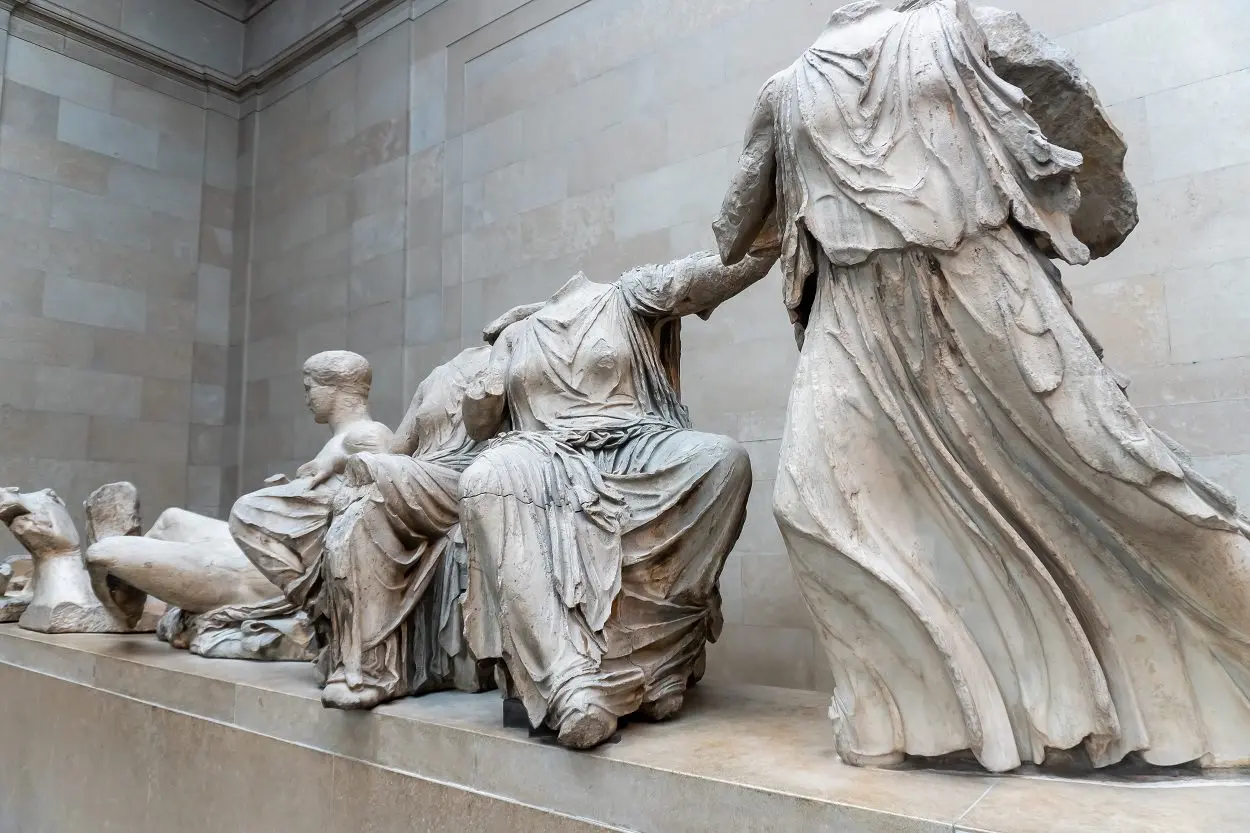The Elgin marbles are a collection of decorative marble sculptures taken from the temple of Athena (the Parthenon) on the Acropolis in Athens.
Made between 447 BC and 432 BC, Lord Elgin (the British Ambassador to the Ottoman Empire), was granted a permit (firman) between 1801 and 1805 to remove around half of the remaining sculptures at the Parthenon for transportation to Britain, a move that today is highly contested by Greek authorities who have formally requested for their return.
Professor Amy Smith, Professor of Classical Archaeology at the University of Reading, comments on the cultural and historical significance of the Elgin Marbles, following a row between the British and Greek governments over the collection of ancient Greek treasures.
Professor Amy Smith said: “By the late 18th century, the sanctuaries of Athena and other deities on Classical Athens’ Akropolis had become a ruin: a Venetian shell had hit Pheidias’ extraordinary Temple of Athena, a.k.a. the Parthenon, in September 1687, while it was being used by the Ottomans as a gunpowder store.
“For centuries before, in fact, visitors had been taking the Akropolis’ ancient marbles home with them. When ‘Lord Elgin’ (aka Thomas Bruce, 7th Earl of Elgin) acquired and eventually sold to the British government Parthenon and related sculptures now displayed in the British Museum (and other foreign museums, e.g. the Louvre), with the idea that they might encourage British arts and crafts, the Ottoman authorities granted him ‘permission.”
“Now that Athens is governed by Greeks, it is natural that they want the ‘Elgin marbles’, which are an important part of their heritage returned to them. The situation is obviously complicated and requires careful negotiations and creative solutions, like an exchange of artisans or artisanal skill to fulfill Elgin’s original aim to improve the arts of Britain.”
Header Image Credit : Shutterstock





